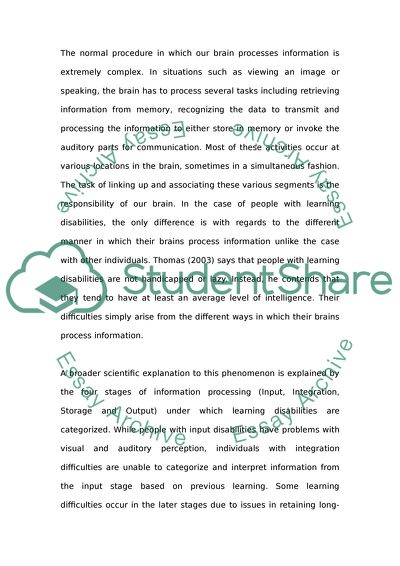Cite this document
(“Benchmark Assessment Education Essay Example | Topics and Well Written Essays - 1000 words”, n.d.)
Retrieved from https://studentshare.org/education/1432218-benchmark-assessment
Retrieved from https://studentshare.org/education/1432218-benchmark-assessment
(Benchmark Assessment Education Essay Example | Topics and Well Written Essays - 1000 Words)
https://studentshare.org/education/1432218-benchmark-assessment.
https://studentshare.org/education/1432218-benchmark-assessment.
“Benchmark Assessment Education Essay Example | Topics and Well Written Essays - 1000 Words”, n.d. https://studentshare.org/education/1432218-benchmark-assessment.


